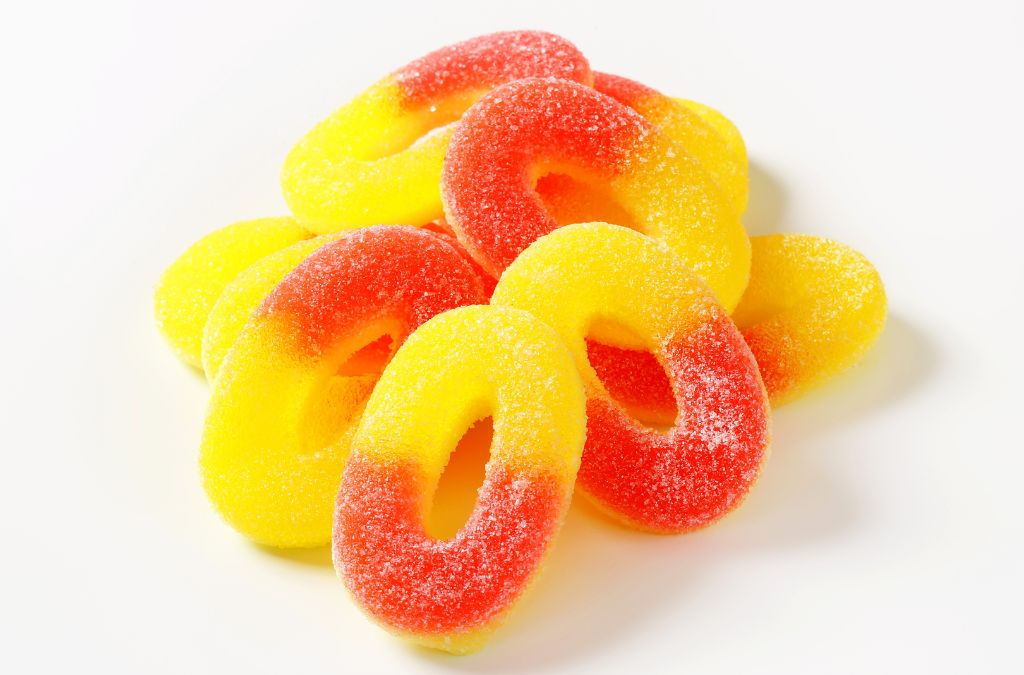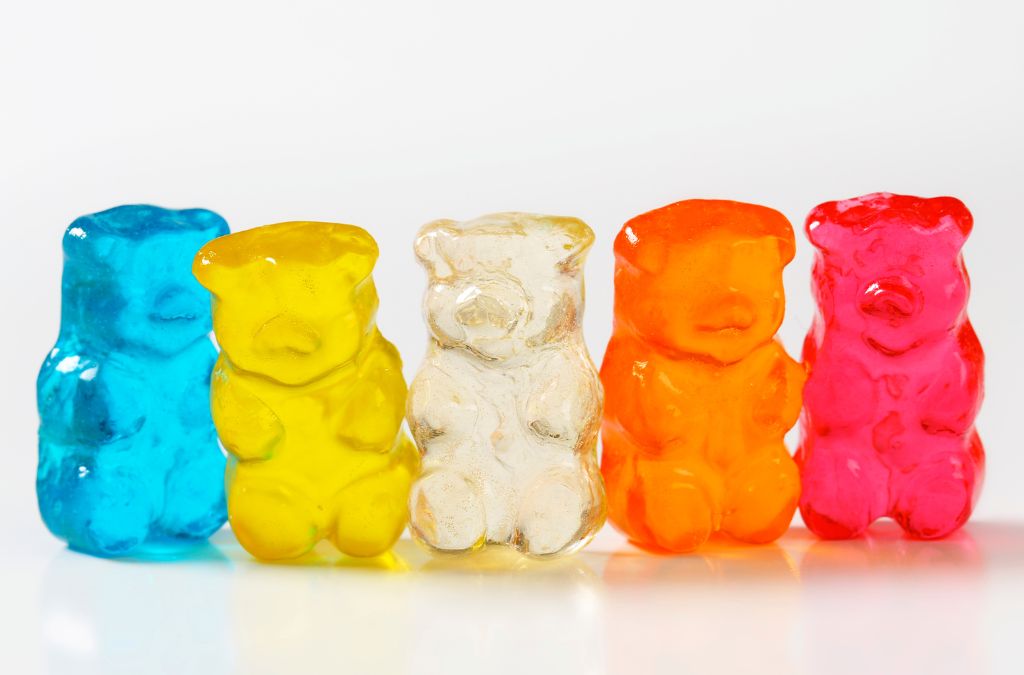In recent years, the cannabis industry has seen a surge in popularity, with various products emerging to cater to different preferences and needs. Among these, Delta 9 THC and Delta 8 THC gummies have gained significant attention. Both offer unique experiences, but how do they differ, and which might be the better choice for you? This article explores the distinctions between Delta 9 and Delta 8 THC gummies which you can bought from https://indacloud.co/, providing insights to help you make an informed decision.
Understanding Delta 9 THC
Delta 9 THC, or delta-9-tetrahydrocannabinol, is the primary psychoactive compound found in cannabis. It is responsible for the “high” associated with marijuana use. Delta 9 THC interacts with the endocannabinoid system in the body, influencing mood, perception, and various physiological processes.
Effects of Delta 9 THC
Delta 9 THC is known for its potent psychoactive effects. Users often report feelings of euphoria, relaxation, and altered sensory perception. Some potential benefits include:
- Relief from pain and inflammation
- Improved appetite
- Reduced nausea
- Enhanced mood
However, Delta 9 THC can also lead to side effects such as anxiety, paranoia, and impaired memory, particularly at higher doses.
Exploring Delta 8 THC
Delta 8 THC, or delta-8-tetrahydrocannabinol, is a minor cannabinoid found in cannabis plants. It is chemically similar to Delta 9 THC but differs in the placement of a double bond in its molecular structure. This slight variation results in different effects and legal status.
Effects of Delta 8 THC
Delta 8 THC is often described as offering a milder psychoactive experience compared to Delta 9 THC. Users may experience:
- Mild euphoria
- Relaxation
- Clear-headedness
- Reduced anxiety
Delta 8 THC is less likely to cause anxiety and paranoia, making it an appealing option for those sensitive to the effects of Delta 9 THC.
Legal Considerations
The legal status of Delta 9 and Delta 8 THC varies significantly. Delta 9 THC is classified as a Schedule I controlled substance under federal law in the United States, though many states have legalized its use for medical or recreational purposes.
Delta 8 THC occupies a more ambiguous legal space. The 2018 Farm Bill legalized hemp-derived cannabinoids, including Delta 8 THC, as long as they contain less than 0.3% Delta 9 THC. However, some states have enacted their own regulations, banning or restricting Delta 8 THC products.
Choosing Between Delta 9 and Delta 8 THC Gummies
When deciding between Delta 9 and Delta 8 THC gummies, several factors come into play. Consider the following aspects to determine which option aligns with your preferences and needs.
Psychoactive Experience
If you seek a more intense psychoactive experience, Delta 9 THC gummies may be the better choice. They offer a stronger high, which can be beneficial for those looking for significant mood enhancement or pain relief.
For a milder, more manageable experience, Delta 8 THC gummies might be preferable. They provide relaxation and euphoria without the intensity that can sometimes lead to anxiety or paranoia.
Legal Status
Check the legal status of both Delta 9 and Delta 8 THC in your state. If Delta 9 THC is not legal in your area, Delta 8 THC gummies could be a viable alternative, provided they comply with local regulations.
Medical Benefits
Both Delta 9 and Delta 8 THC offer potential therapeutic benefits. Delta 9 THC is often used for its potent pain-relieving and appetite-stimulating properties. Delta 8 THC, with its reduced psychoactivity, may be suitable for those seeking anxiety relief or a clearer-headed experience.
Personal Sensitivity
Consider your sensitivity to THC. If you are prone to anxiety or paranoia with Delta 9 THC, Delta 8 THC gummies might be a better fit. They offer a gentler experience that is less likely to trigger adverse reactions.
Case Studies and Statistics
Research on Delta 8 THC is limited compared to Delta 9 THC, but emerging studies and anecdotal evidence provide valuable insights. A study published in the journal “Cannabis and Cannabinoid Research” found that Delta 8 THC has antiemetic properties, making it effective in reducing nausea and vomiting in cancer patients.
In a survey conducted by the National Cancer Institute, participants reported that Delta 8 THC provided similar benefits to Delta 9 THC but with fewer side effects. This aligns with user testimonials that highlight Delta 8 THC’s ability to offer relaxation and pain relief without the intense high.
Conclusion
Choosing between Delta 9 and Delta 8 THC gummies depends on your desired experience, legal considerations, and personal sensitivity. Delta 9 THC offers a more potent psychoactive effect, while Delta 8 THC provides a milder, more relaxed experience. Both have potential therapeutic benefits, but it’s crucial to consider the legal status in your area and your individual response to THC. By understanding the differences and evaluating your preferences, you can make an informed decision that aligns with your needs.


